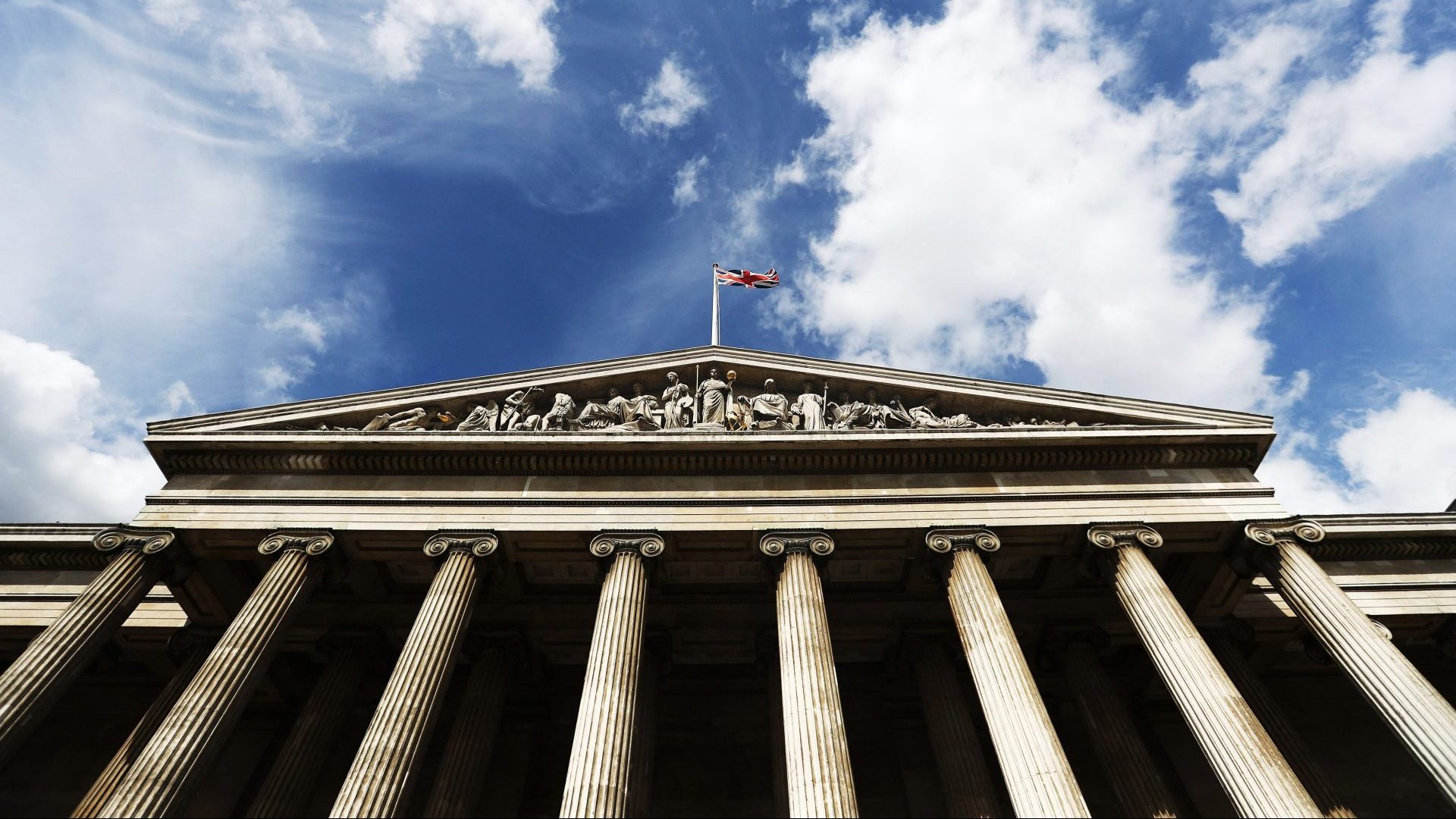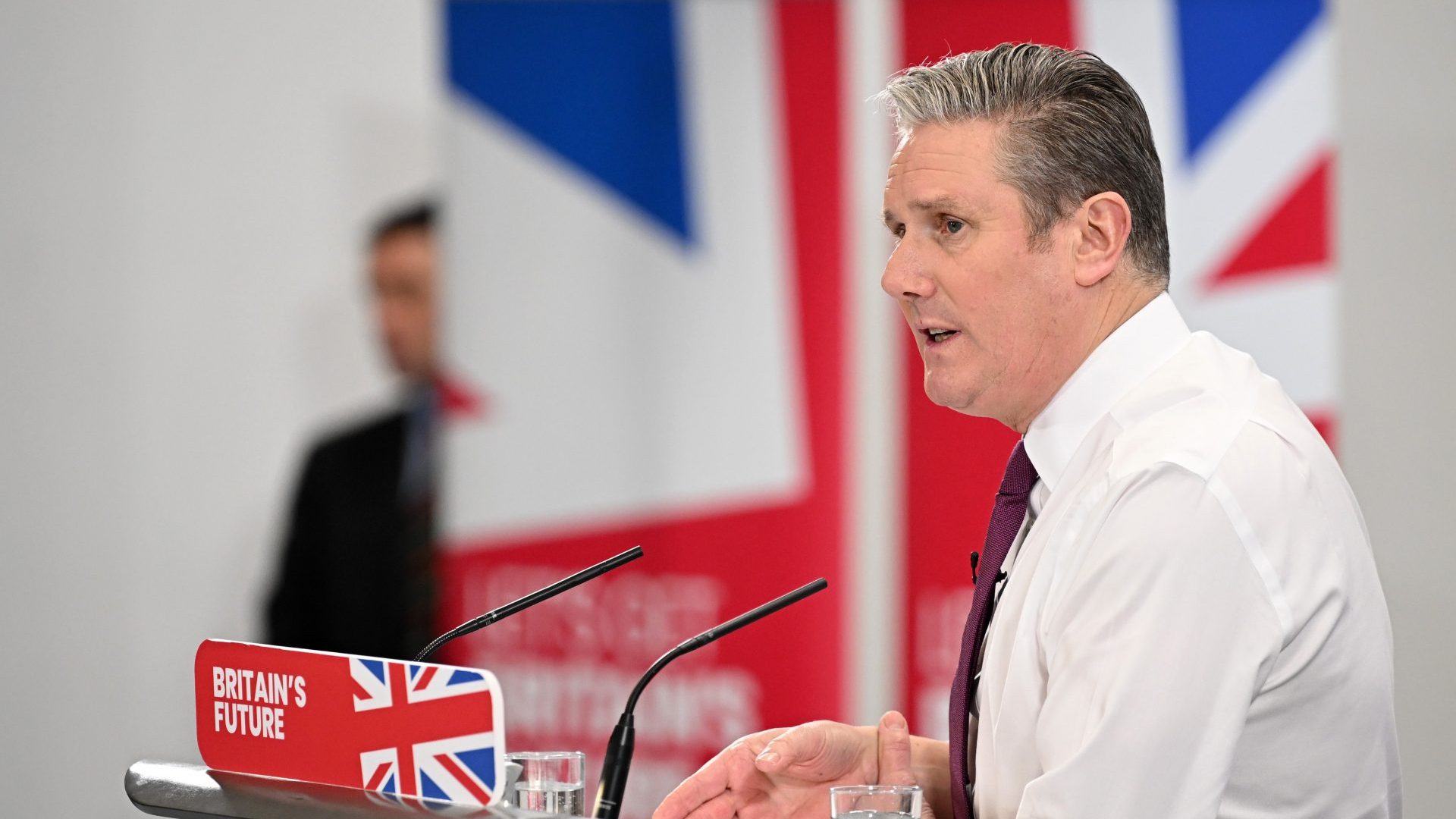Not long ago, I was inside the British Museum when Just Stop Oil protesters had shut it down and nothing was happening except occupation.
The security guards let me in because I had been a deputy chair of the museum’s board at one time and they all knew me.
The Met police were there, too. Part of their job is to protect the place because it is a non-governmental department. They were not doing much except making sure that the protesters didn’t smash up the place, which they were not going to do anyway.
The anti-oil people came in shifts, young and bright-eyed and eager to give their performances to make a statement about the evil of the whole thing.
I ran into the then director, Hartwig Fischer – no surprise as he was there pretty much the entire time, day and night. The protesters had occupied the bathrooms, a good move because Hartwig had got them nice and tidy. Before the pandemic, you could smell them a few feet before you got to an entrance. Now you could spend the night in them.
I was struck by a protester there who was my age, a kind of hippie, so I called him “Bro” and asked why he was there, standing in the centre of the Great Court like a beacon. He said that he had to be there to bear witness with the young and, although I did not agree with shutting the BM down, I understood his desire to stand with the next generations.
I told them that what he was protesting about – the latest sign of which is the British Museum accepting an additional £50m in sponsorship from BP – came down to one simple reason: the museum needed the money.
I guess the folks who sit on the board do not understand how generationally embarrassing – and worse – it is to accept money from Big Oil. I know two or three good people who quit the museum with no jobs to go to because they just could not deal with that.
Tristram Hunt, director of the V&A, and a good guy, had to explain why he had allowed the Conservative Party to hold functions at his museum. Again, it needed the money.
Just recently I saw an online discussion about why so many arts organisations were seeking new people to lead them. It’s hard out there in the world of culture. Very hard.
Once upon a time – and it seems to have been once upon a long time – being in the arts, in culture, felt like a calling; a mission; maybe even a blessing. It was about not only what you did, but what you were. Especially if you were a creative.
Lawyers, business people, politicians, these types of folks were not really in decision-making positions, not where art was concerned. They could donate, of course, but actually head a board? And make their mark on the organisation? Not really.
Maybe it was because we creatives generally have no head for business that some organisations went out of business. But there was nothing corporate swirling around back then. Not by a long shot.
I came from the Lower East Side of New York to live in London because Britain was better. There was and still is something unique and important about British culture and art, something on the edge and anti-corporate. There was something steadfast about it that was a lot about being the opposite of business.
I wonder if a 25-year-old now knows how to just make art without also having to make a business plan, or plan some route to fame in order to sustain themselves?
When the Conservatives came into government in 2010, you could sense they felt that there was something subversive embedded in culture, something sinister and “lefty” that had to be rooted out. I hope that in 2024, or whenever Labour forms the new government that, as well as investigating Brexit and showing all of us its monumental damage to our economy, world standing and our souls, that it also does an audit of culture. From the beginning of the century up to the present day.
Then the new secretary of state, Thangam Debbonaire, can publish the audit that will show exactly how much arts and culture were defunded during the Tory years.
Let the anti-oil protesters see how much the British Museum and other institutions lost during the time of Conservative rule, let them see where and why these institutions had to go cap-in-hand just to pay the paltry wages that curators and other people who work there get paid.
Labour should create a commission, name names. For the sake not only of official record, and not only for the oil protesters, but so the young can see the facts and figures in black and white.
They are the inheritors of this burning world, and of the culture, too, the great and unique culture that this nation made and still makes despite everything.
It is heartbreaking that the BM has to go back to BP; heartbreaking that it will have to endure the protests again with no one who can reach the protesters to explain the museum’s predicament: that it was defunded. Systematically over the years of Conservative Party rule.
Defunded: the National Theatre and the Old Vic and the Royal Court and the Royal Shakespeare Company and all the other jewels.
They are more than corporations run by boards full of stockbrokers and lawyers and politicians. Like the BM, they are one of the reasons why this nation is visited by people from all over the world.
I hope that when the Tories are relegated to the back benches, the UK becomes again a country whose young can, for example, take their art and music to Europe, its nearest neighbour, without restriction.
And we have a government and leaders not afraid of The People and of culture and art. And beauty.




